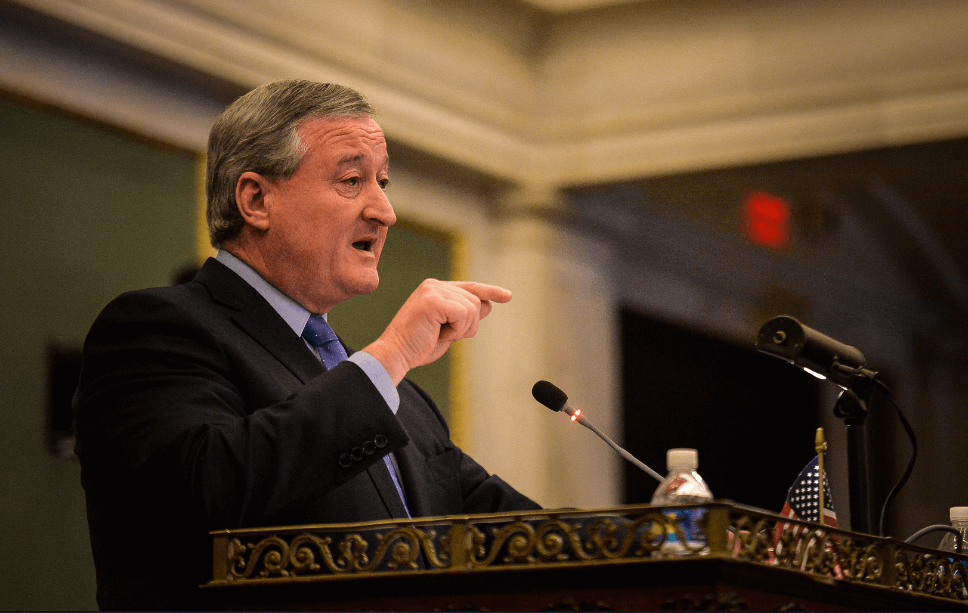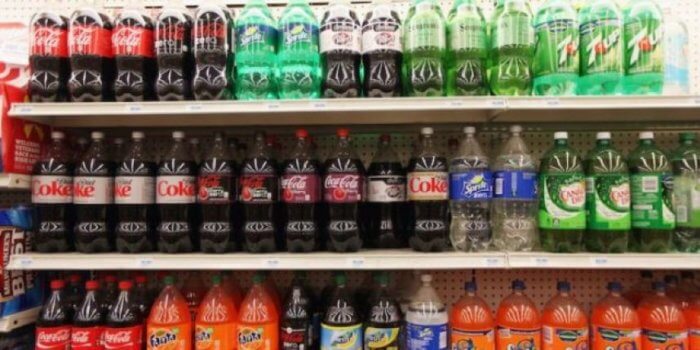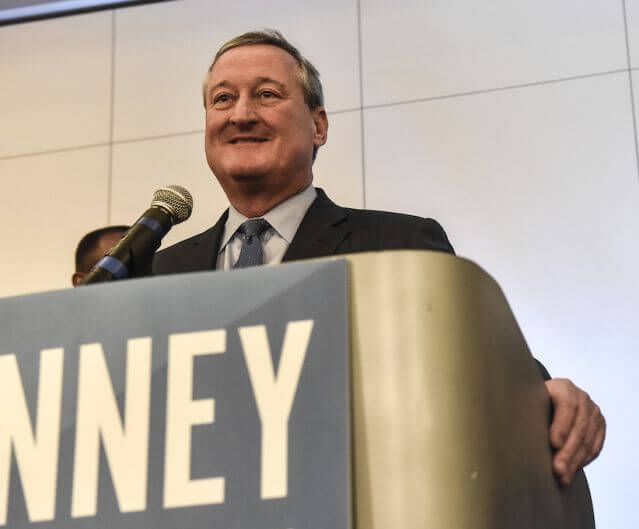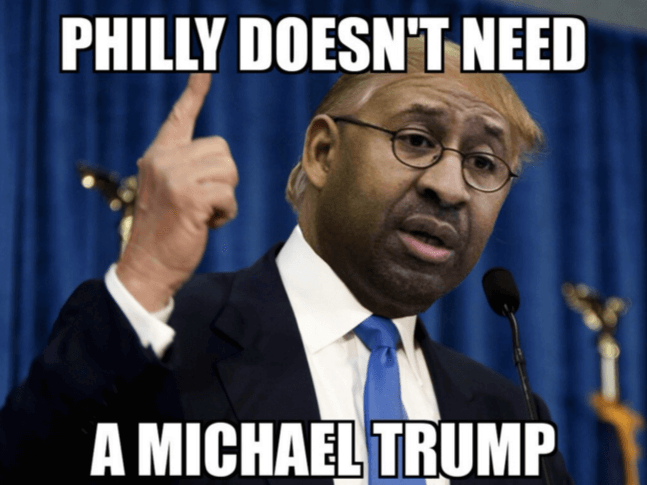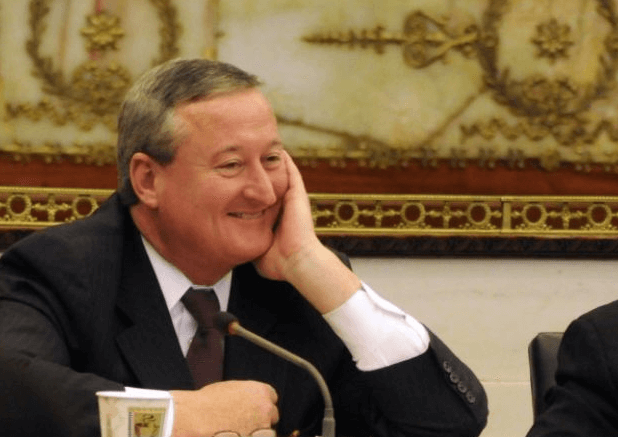In his first budget address as Philadelphia’s mayor, Jim Kenney described his plan to fund a variety of initiatives ranging from childhood education to providing police with more body cameras. On Thursday, Mayor Kenney presented his ambitious budgetary plan to expand childhood education, revamp parks, libraries and recreation centers, improve energy efficiency in public buildings and provide police with more body cameras. Much of the funding for these plans comes from his proposed additional tax of 3 cents per ounce on sugary beverage distributors. But he faces an uphill battle against his friends in the restaurant and hospitality industries, who are worried they will have to pass the cost of the tax onto their consumers. Kenney’s 3-cent tax is double the proposal made almost six years ago by then-mayor Michael Nutter. His was shot down twice by City Council. RELATED:See the ‘real Jim Kenney’ in campaign blooper reel “The problem is that Big Soda charges our citizens, small businesses and distributors much, much more than what it costs for them to make the soda,” Kenney said before explaining how this proposed tax will not impact small businesses or jobs. “Employment did not slow down after the liquor tax was instated,” the mayor said. “Small grocers, bodegas and convenience stores are already stocking and selling non-sugary beverages.”
The programs we’ve discussed so far are important but, by themselves, they don’t change the status quo. #PHLbudget pic.twitter.com/PsZptU8Hlp
— Jim Kenney (@PhillyMayor) March 3, 2016
Kenney’s budget speech focused heavily on expanding pre-kindergarten in Philadelphia, with a target of providing 25,000 pre-K seats over the next five years.
In keeping with his focus on education, the mayor also proposed the establishment of 25 community schools, which are public schools that become a hub for their surrounding neighborhoods by integrating social services. “This helps increase parental engagement, and community investment in the success of the school,” the mayor explained.
RELATED:Kenney promises school enhancements Along with his focus on communities, the mayor proposed a $350 million investment in community infrastructure with an emphasis on improving libraries, city parks and recreation centers.
“I’m proposing issuing $100 million in bonds to make energy efficient infrastructure improvements to branch libraries, police stations, fire houses, and other city properties,” Kenney outlined with regards to his strategy for improving energy efficiency in the coming years. “Investments in energy-efficiency create middle-class jobs and help the city save money that can be reinvested in other critical initiatives, like education and public safety,” Kenney stated.
RELATED:Kenney names Community Schools Director The plan for increasing police-worn body cameras has gotten attention as it is part of a larger goal to outfit all 8,500 officers with cameras by 2019, thePhiladelphia Business Journalreported. “As Councilman Jones pointed out passionately during hearings last year, body-worn cameras have been extremely successful in reducing use of force as well as police abuse allegations across the country,” the mayor said. Kenney ended his budget proposal by reminding city officials of the importance of passing the sugary beverage tax.
“But none of [this] can happen … not pre-K, not community schools, not desperately needed investment in parks, rec centers and libraries, if we don’t pass a sugary drink tax. There is simply nowhere else to find this revenue.” Brian O’Neill, who has a Pepsi business in his Northeast Philly district, said he could not — in good conscience—support a 3-cent soda tax. “I believe that it will cost us jobs,” he told Metro.
“[Kenney’s] priorities are very, very good. They’re needed. They’ve been neglected. I think our challenge will be working with the Kenney administration to fund them…I do think there is a really strong feeling that we should try to find a broad-based tax that we can maybe nick a lot of unhealthy items rather than putting a sledgehammer on one of them.” At-large Republican Al Taubenberger called the mayor’s initiatives “game-changers” for Philadelphians and for attracting people to come to the city.
“How you pay for it, though, is an entirely different realm, and I’m not really pleased to have one industry be sought out to be the bearer of all these great things that we’re proposing,” he said. Council President Darrell Clarke was measured in his response to the budget, saying he would give careful consideration to it.
“We don’t ever talk about what we want to support until we hear all the details,” Clarke said.
“I support the initiatives. I think this soda tax was clearly designated for very specific purposes, and these purposes have broad-based support, so we’ll see.”
City Council has 90 days until they must decide on the budget.



